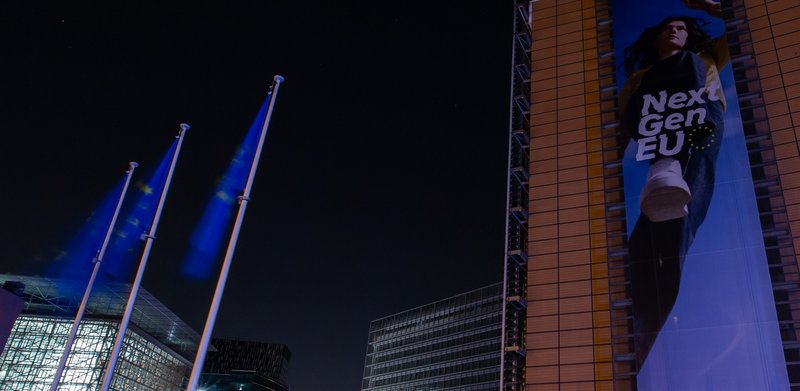Press
Biased questions: EU consultation launched on new genetic engineering
Stakeholders and individuals have until 22 July 2022 to participate in the public consultation on "Legislation for plants produced by certain new genomic techniques (NGTs)." However, the introductory texts, questions and response options are indeed rather biased and only suggest that the EU Commission's goal is extensive deregulation, i.e. a softening of the existing, proven and tested rules for genetic engineering in agriculture and food.
Shockingly biased questions in public participation procedure
"It is frightening and significant how one-sided the EU Commission apparently wants to control the results. And this in a public participation procedure that should strive for the greatest possible neutrality," comments the Managing Director of the Association Food without Genetic Engineering (VLOG), Alexander Hissting. "This is precisely why it is all the more important that companies and other stakeholders from the 'Ohne Gentechnik' (Non-GMO) sector, as well as citizens, participate and make it clear to the Commission that a softening of European genetic engineering rules would be fatal."
EU Commission insinuates positive effects of new genetic engineering
The questionnaire simply suggests that genetically modified plants could make a positive contribution to sustainability, climate and environmental protection and thus to EU plans such as "Farm to Fork", "Green Deal" and biodiversity protection. Even some kind of labelling of such GM products as particularly sustainable is brought into play. However, these are mere promises by manufacturers and by some scientists, for which there is no evidence.
Risks are ignored
The EU Commission also claims that the current legislation is "problematic for all stakeholders". However, for consumers, the environment, agriculture, and the 'Ohne Gentechnik' and organic industries, they have worked out perfectly. Also, according to the questionnaire, there are allegedly no specific risks associated with the new genetic engineering processes. In the meantime, there is a great deal of scientific knowledge about undesirable and often unrecognized so-called "off-target effects". And the EU Commission is once again rehashing the old claim that such products are hardly detectable. But lately, even authorities have announced the imminent operational capability of such detection methods.
Commission hell-bent on softening genetic engineering rules
"The EU Commission seems hell-bent on softening the rules on genetic engineering. If it succeeded in doing so, it would be a severe blow to the GMO-free and organic agriculture and food industry. They rely on transparent and proper GM labelling to exclude them from their value chains. The EU Commission would also be going against the interests of the vast majority of EU citizens who do not want GM on their plates and demand its labelling."
Make "Ohne Gentechnik" heard!
VLOG therefore calls on all "Ohne Gentechnik" market players to participate actively in the consultation and firmly reject this threat to their livelihood. The European Non-GMO Industry Association (ENGA) is intensively accompanying the process in Brussels and will provide detailed guidance on the questionnaire. VLOG will inform about this.
Börse-Express: Flawed consultation on EU GMO legislation (in German)

